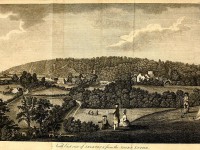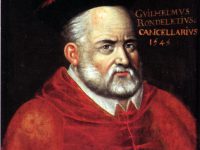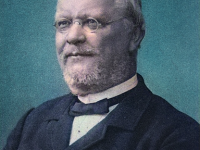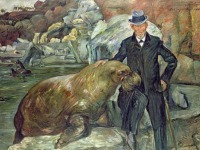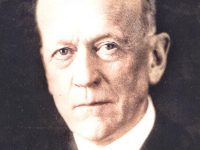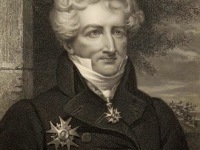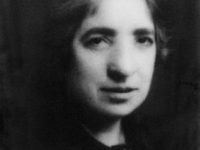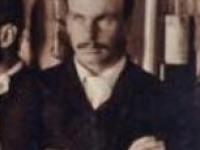Gilbert White – England’s First Ecologist
On July 18, 1720, pioneering English naturalist and ornithologist Gilbert White was born. He is best known for his work Natural History and Antiquities of Selborne (1789), in which over the course of 20 years of his observations and two colleagues’ letters, he studied a wide range of flora and fauna seen around his hometown of Selborne, Hampshire. The Natural History and Antiquities of Selborne was adored by Charles Darwin, has been read by…
Read more

